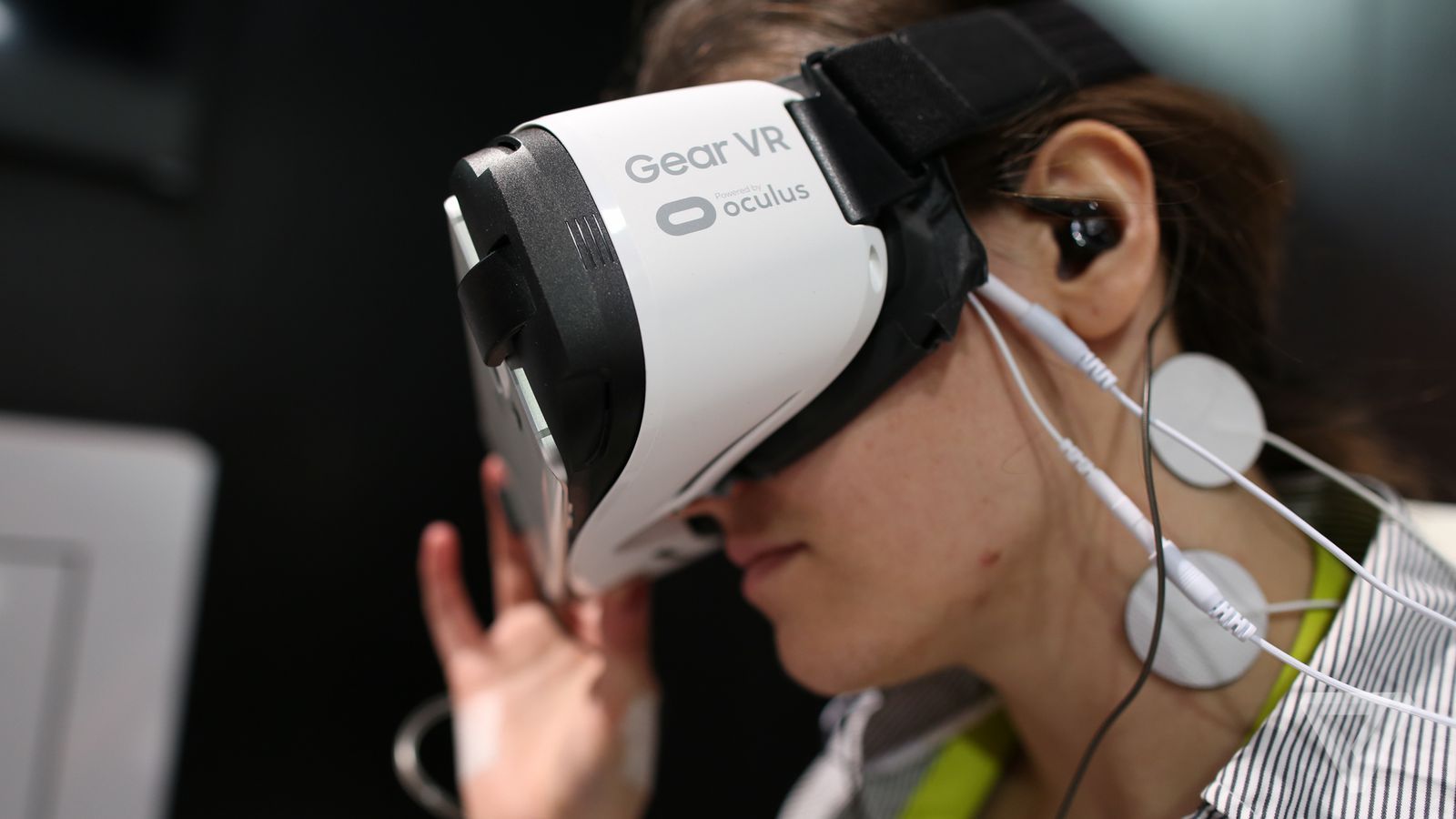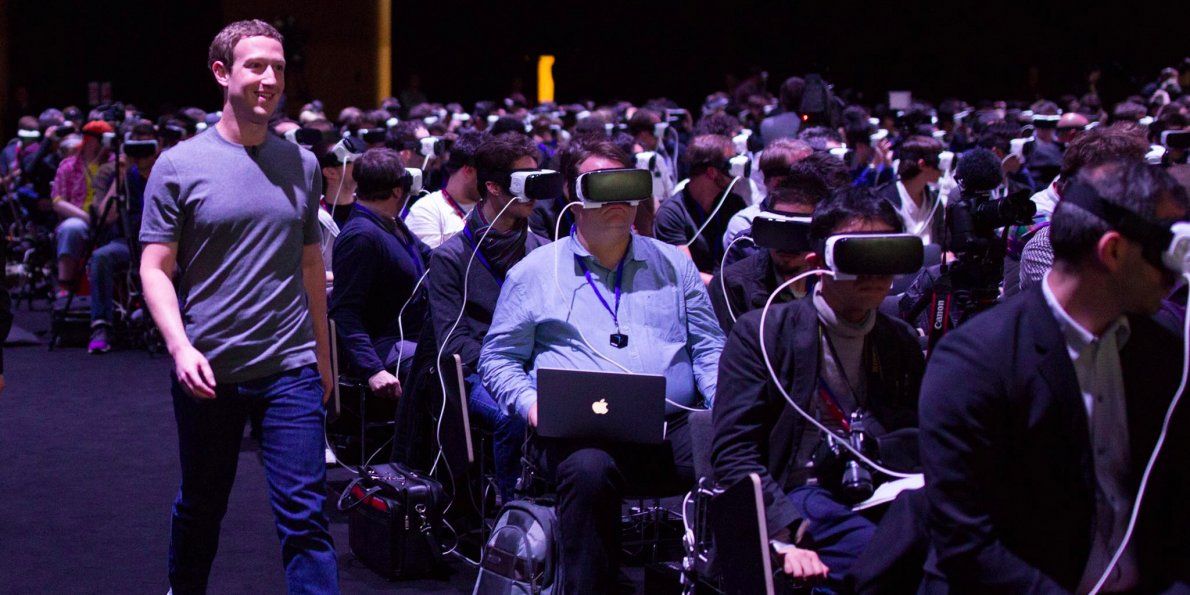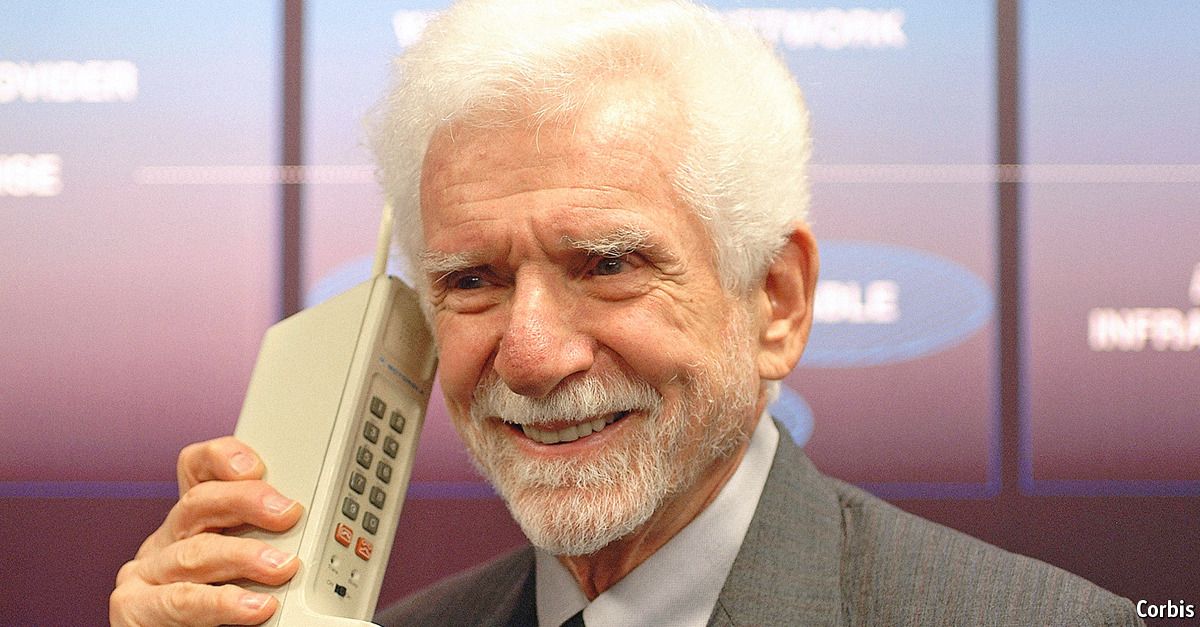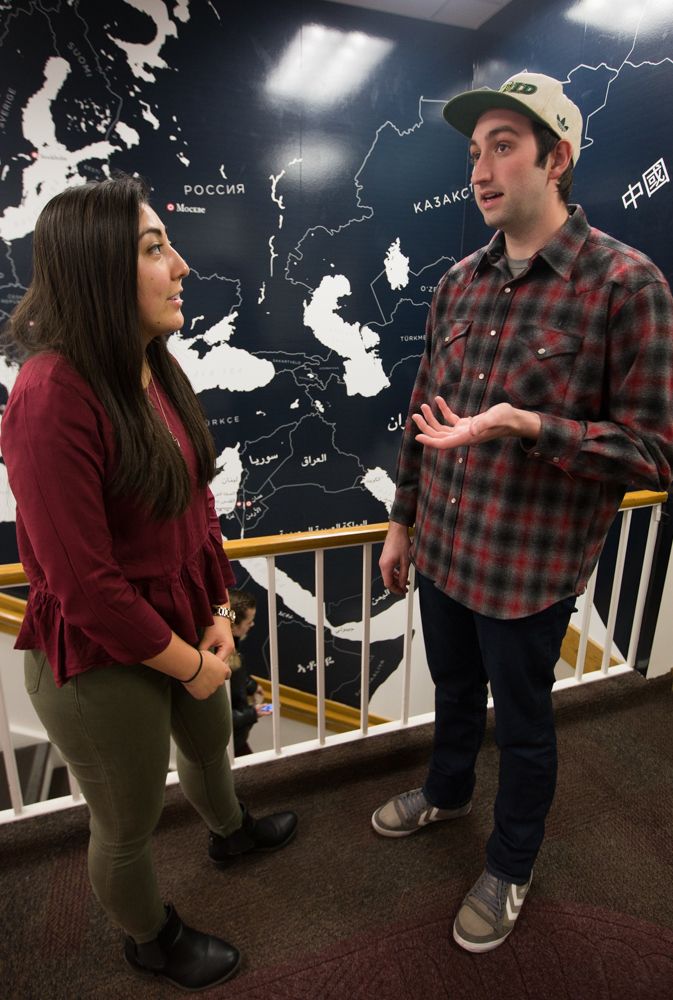Facebook today announced the launch of the Telecom Infra Project (TIP), which is bringing together a coalition of internet service providers and tech companies to focus on the engineering challenges of delivering high-res video and virtual reality. The group has 30 initial members including T-Mobile, Nokia, Intel, Deutsche Telekom, and SK Telecom. The approach is modeled after the Open Compute Project, which was started by Facebook in 2011 to share designs of data-center products, and has ties to Facebook’s Internet.org initiative to bring connectivity to rural areas and developing countries.
“Every day, more people and more devices around the world are coming online, and it’s becoming easier to share data-intensive experiences like video and virtual reality,” Jay Parikh, Facebook’s global head of engineering and infrastructure, writes in a blog post. “Scaling traditional telecom infrastructure to meet this global data challenge is not moving as fast as people need it to.”
The TIP’s technology companies and hardware makers will work together to contribute designs for products like wireless radios and optical fiber gear to better manage, store, and deliver intensive data, while telecoms can then use those designs in practice. “This will result in significant gains in cost and operational efficiency for both rural and urban deployments,” Parikh adds. The group will also work toward accelerating the development of 5G networks.









